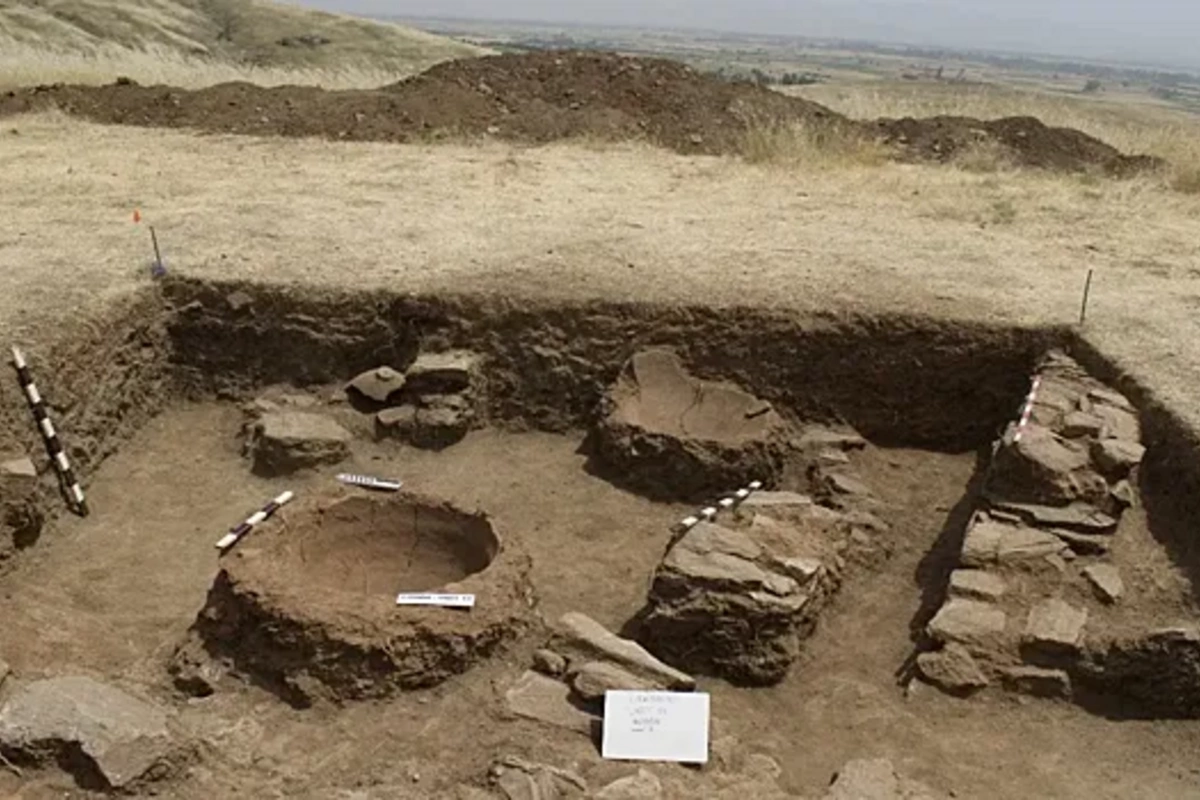Ancient 2500-year-old capital of a lost kingdom discovered in Macedonia

American archaeologists from Humboldt State University made a sensational discovery in North Macedonia. During excavations at the Gradište archaeological site near the municipality of Bitola, researchers discovered what might be the legendary Lyncus - the long-lost capital of the ancient Macedonian kingdom of Lyncestis.
The international expedition has been researching Gradište for more than a decade and a half. The breakthrough came in 2023, when scientists employed advanced research technologies - ground-penetrating radar and a drone equipped with a LiDAR scanner. Thanks to these innovative methods, they were able to identify a clear structure of the ancient settlement, including an acropolis with fortifications and a theater built in the traditional Macedonian architectural style.
Initially, archaeologists dated the founding of the city to the reign of King Philip V (221-179 BCE). However, a coin from 325-323 BCE discovered at the excavation site forced scientists to revise the chronology. It is now evident that the city already existed during the time of Alexander the Great. Even more surprising were the findings of stone axes and fragments of ancient pottery, indicating that people inhabited this area as far back as the Bronze Age (3300-1200 BCE).
"This discovery is significant. It highlights the complex networks and power structures of ancient Macedonia, especially considering the city's location along trade routes to Constantinople," emphasized Professor of Anthropology Nick Angeloff from Humboldt University.
According to the scientist, the discovered settlement is highly likely to be Lyncus - the capital of the kingdom of Lyncestis, whose name translates from ancient Greek as "land of the lynx." Until the 4th century BCE, this autonomous state in Upper Macedonia maintained its independence until it was annexed to the growing empire of Philip II, father of Alexander the Great. The historical significance of Lyncus is confirmed by the fact that Eurydice - Alexander the Great's grandmother - was born here.
"It's possible that historical figures such as Octavian and Agrippa passed through this area on their way to battle Cleopatra and Mark Antony at the Battle of Actium," noted Angeloff.
Archaeologists plan to continue their research to gain a more complete understanding of the city's structure, the cultural characteristics of the region, and the role of Lyncestis in the formation of the Macedonian state - one of the first organized state entities on the European continent.
Similar News
# Leaders of the USA and China discussed the Russian-Ukrainian conflict and the situation around Iran
US President Donald Trump announced that during a telephone conversation he discussed the Russian-Ukrainian conflict and the situation around Iran with Chinese...



 Azərbaycanca
Azərbaycanca  По-русски
По-русски  English
English 






